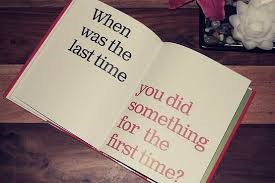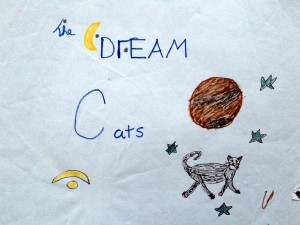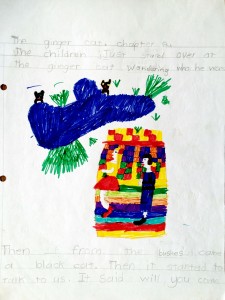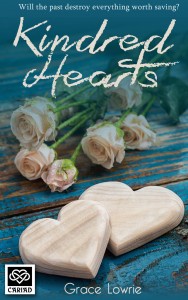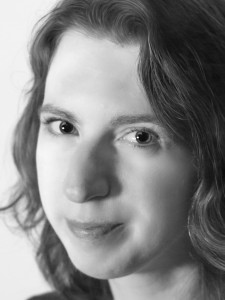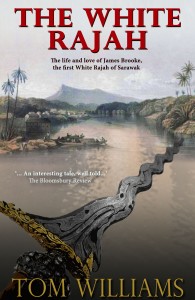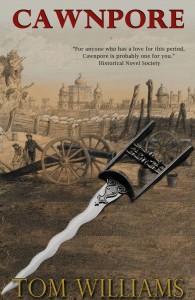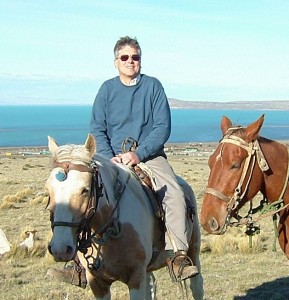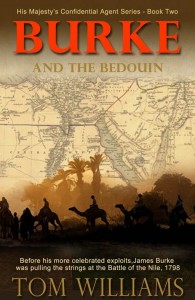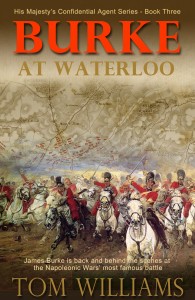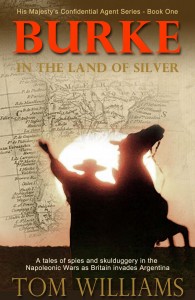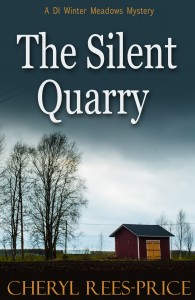It’s interview time! Today I have the lovely Caroline Dunford dropping by for coffee and cake. So why don’t you take five minutes out of your day and join us for a cuppa?

Do you model any of your characters after people you know? If so, do these people see themselves in your characters?
One of the risks of admitting you’re a writer at parties is you are often immediately asked where do you get your ideas? If you answer truthfully, that you get your ideas from your life experience, and your questioner isn’t yet too full of party cheer, then more often than not your questioner will sidle off looking nervous and muttering about having left the cat in the fridge, or something equally unlikely. They are, of course, terrified you will ‘put them in a book.’ There are those who offer themselves up as excellent characters for books or who have the best ideas for a book, and these are the ones writers tend to sidle away from.
I would like to put on record that I cannot write other people’s ideas. If it doesn’t come from the murky depths of my own subconscious then it simply doesn’t work for me. Like any writer I use my experiences and they are exactly that; they are how I experience my world. There is no way I could ever possibly write about anyone else accurately. Even if I chose to base a character on someone I knew, it would be based on how I saw that person and almost certainly not how they saw themselves.
As a writer I make up inner thoughts and motivation for my characters, but I have no ability to scan the mind of anyone else and collect this information. It would be a lot easier (though possibly libellous!) if I did. This means even if I did base a character on someone I know I can pretty much guarantee they would never recognise themselves. But I don’t. All my characters come from my thoughts, feelings and imagination. When I am writing they become like voices in my head. Even sometimes adding events and speeches to the story that I certainly had not planned on writing. They become alive to me. I know them so well because they have come from me.
All this is a little embarrassing to admit. I do have some pretty awful characters in my books and they must reflect a dark part of my psyche. I can only console myself with the thought that I also have likable and estimable characters in my stories too. These, hopefully, form the most influential part of my psyche in everyday life. Though I suspect Euphemia, my murder mystery heroine, is far braver than me. We are definitely equally stubborn. I only hope I am not as naïve as she can sometimes be – a naivety that invariably leads her into danger.
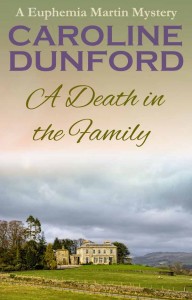
What type of research did you have to do for your book?
When I am writing a historical novel I research the period – the events, the clothing, the ideas of the era and everything else I can get my hands on. However, I am not an historian. My desire is to create a compelling story and I am more interested in building my characters – their loves, foibles, ideas, fears and ambitions – than anything else. For me the historical era is important because it not only frames these, but also informs them. I also need to know their world, in particular who the important people in their lives are and what they are like. It is often out of the interconnecting personalities that the stories take form.
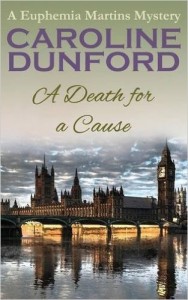
Which Point of View do you prefer to write in and why?
In the Euphema Martins Mysteries I use the first person. Euphemia has a unique voice that uses slightly more archaic speech and is invariably full of slips (and even innuendos) that she is unaware of. It is enormous fun as a writer to create these. While Euphemia is saying one thing, the reader is understanding another – and this is often where the humour lies.
Writing in the third person, that is setting yourself up as a narrator outside the story, has the advantage that you can move more easily between events. In the Euphemia books the reader only ever experiences what she experiences. The biggest problem in writing as a narrator is that it is harder to get your audience to emote – they are just that one step removed from the action.
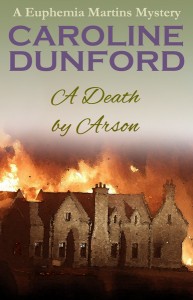
Do you prefer to plot your story or just go with the flow?
In a murder mystery I need to know who the murderer is and I also generally know the main turning points in the story. However, Euphemia and her friends are pretty well formed now after nine books, and they do have a tendency to hijack the plot. Of course, I only let them do this if I think they have come up with something more exciting than I have!
What is your writing regime?
There is only one thing you need to do to be a writer and that is write. It would be lovely to wait from the muse to spring into your mind, but in reality writing novels is a lot about plotting and planning, and agreeing with your editor what you are going to supply. Remember publicity for a book can be created before the book is finished! However, if the story is right then I find it will come alive at your fingertips. But this still means every morning sitting down at the laptop even when you would much rather be reading in bed. Sadly, I find my muse responds to coffee and perseverance rather than wishful thinking.
What excites you the most about your book?
Honestly? Finishing it! I love it when I have a complete story, fully edited and ready to go. I can feel proud of my hard work. No matter how much I love writing when I am creating a novel I am always terrified I won’t be able to complete it, so reaching the end is a huge relief. It’s sort of like sitting a very hard physics exam very time you write one. And I was never very good at physics. I have to work hard to get it right!
***
Bio
Caroline has been creating stories since primary school when she first learnt that creating fictional games could gain her friends! She has held a variety of jobs, but most notably journalist, where she learnt the art of making deadlines, and psychotherapist, where she gained a valuable insight into the human condition. She lives by the sea with her supportive (and long suffering) partner and two sons, both of whom think writing a book is no big deal.
Links
Caroline is @verdandiweaves on twitter
Her facebook fan page is Caroline Dunford fanpage
All her books are available from Amazon uk at http://www.amazon.co.uk/s/ref=nb_sb_ss_i_1_13?url=search-alias%3Dstripbooks&field-keywords=caroline+dunford&sprefix=Caroline+dunf%2Cstripbooks%2C170
And amazon.com http://www.amazon.com/s/ref=nb_sb_ss_i_1_13?url=search-alias%3Daps&field-keywords=caroline+dunford&sprefix=caroline+dunf%2Caps%2C255
A Death for a Cause
http://www.amazon.co.uk/Death-Cause-Euphemia-Martins-Mysteries-ebook/dp/B015ZM4A2Q/ref=sr_1_1?s=books&ie=UTF8&qid=1452035955&sr=1-1
Coming May 2016 A Death by Arson
http://www.amazon.co.uk/Death-Arson-Euphemia-Martins-Mysteries/dp/1783757159/ref=sr_1_1?s=books&ie=UTF8&qid=1452036026&sr=1-1&keywords=A+Death+by+arson+Caroline+dunford
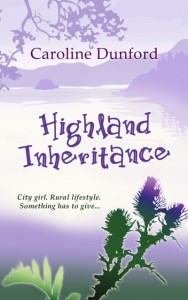
Highland Inheritance
http://www.amazon.co.uk/Highland-Inheritance-Caroline-Dunford-ebook/dp/B00M0FZMAG/ref=sr_1_15?s=books&ie=UTF8&qid=1452036100&sr=1-15
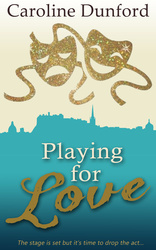
Playing for Love
http://www.amazon.co.uk/Playing-Love-Caroline-Dunford-ebook/dp/B011OG0L3O/ref=sr_1_16?s=books&ie=UTF8&qid=1452036100&sr=1-16
ALL OF THE ABOVE ALSO AVAILABLE DIRECT FROM
https://www.accentpress.co.uk/caroline-dunford
Young Adult Fantasy
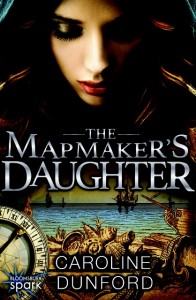
The Mapmaker’s Daughter
http://www.amazon.co.uk/Mapmakers-Daughter-Caroline-Dunford-ebook/dp/B00J5JE346/ref=sr_1_12?s=digital-text&ie=UTF8&qid=1452036321&sr=1-12
***
Many thanks for such a great interview Caroline,
Happy reading everyone,
Jenny x
